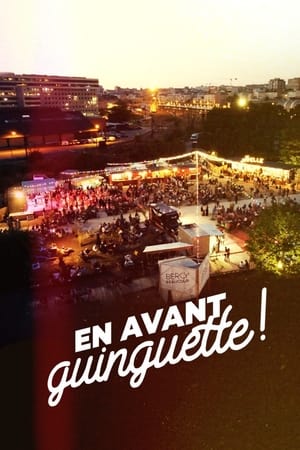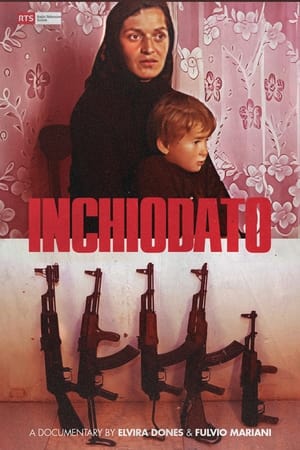
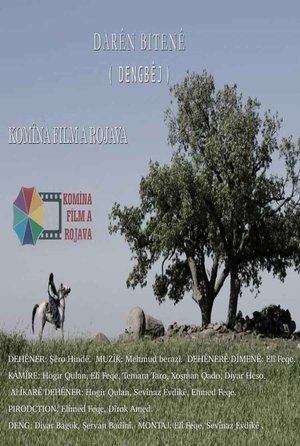
Lonely Trees(2017)
Darên bitenê is a fascinating documentary exploring the “dengbej” musical heritage of the singers, poets and storytellers from Northern Syria’s region. Featuring a stunning scenery of poetic landscapes, the film is interlaced with stories of Kurdish and Assyrian songs that narrate the long history of love and suffering of this semi-autonomous region.

Movie: Lonely Trees

Darên Bitenê - Dengbêj
HomePage
Overview
Darên bitenê is a fascinating documentary exploring the “dengbej” musical heritage of the singers, poets and storytellers from Northern Syria’s region. Featuring a stunning scenery of poetic landscapes, the film is interlaced with stories of Kurdish and Assyrian songs that narrate the long history of love and suffering of this semi-autonomous region.
Release Date
2017-01-01
Average
0
Rating:
0.0 startsTagline
Genres
Languages:
العربيةKeywords
Similar Movies
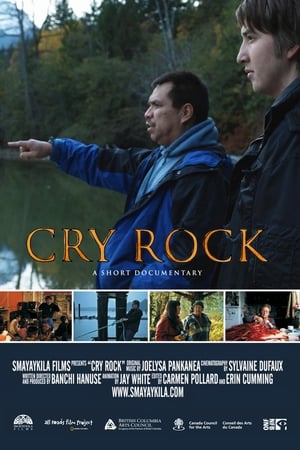 0.0
0.0Cry Rock(en)
The wild beauty of the Bella Coola Valley blends with vivid watercolor animation illuminating the role of the Nuxalk oral tradition and the intersection of story, place and culture.
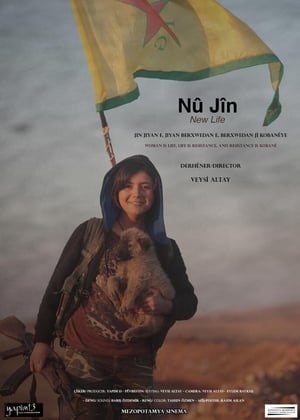 0.0
0.0New Life(ku)
"Nû Jîn", New Life, with the slogan ' Woman is life. Life is resistance and resistance is Kobanê', depicts the daily life of women guerillas, Elif Kobanê (18), Vîyan Peyman and Arjîn, joining in the Women's Protection Units (YPJ) in their battle against ISIS. The documentary relates the ISIS assault of 15 September 2014 and the five-month resistance by the YPJ and People's Defense Units (YPG) through the lens of three women fighter
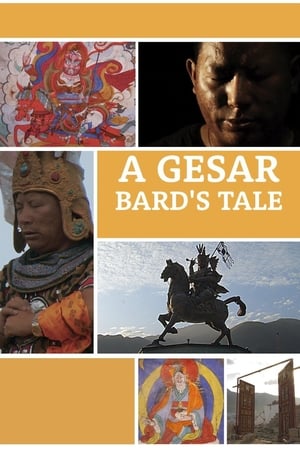 0.0
0.0A Gesar Bard's Tale(bo)
As a boy, Dawa was an illiterate Tibetan nomad whose life revolved around herding yaks. At 13, his life changed: through a series of visions, Dawa acquired the gift of telling the epic story of Tibet’s King Gesar. Now, at 35, Dawa receives a salary from the government as a guardian of national cultural heritage and is regarded as a holy man by his community. When an earthquake reduces his hometown to rubble, redevelopment of the region takes a giant leap forward. In the midst of such seismic shifts, Dawa seeks healing from King Gesar and other divine protectors of the land.
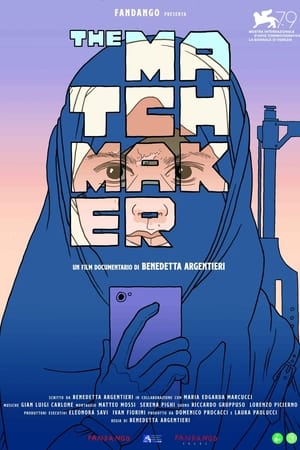 5.0
5.0The Matchmaker(en)
A unique interview with Tooba Gondal, the woman who groomed and lured scores of Western women to join ISIS. Using social media, she became a deadly matchmaker, recruiting a number of high-profile “jihadi brides” for ISIS militants in Syria: she allegedly helped organise the transporting of three British schoolgirls, including Shamima Begum, to Syria.
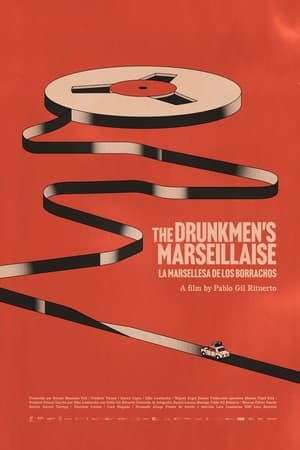 8.0
8.0The Drunkmen’s Marseillaise(es)
In the summer of 1961, a group of young Italian anthropologists made a clandestine journey through Spain, in order to record popular songs that supported anti-Franco resistance. As a result of their work, they were prosecuted and their recordings were censored. Sixty years later, and guided by Emilio Jona, aged 92, the last living member of that group of travellers, we recover the unpublished recordings and reconstruct the journey, today, across an emotional and political landscape, regaining historical memories through these songs, as relevant today as they were then.
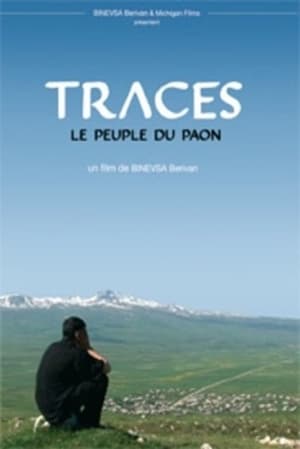 0.0
0.0Traces: People of the Peacock(ku)
Filmmaker Binevsa Bêrîvan travels to Armenia to capture the daily life, customs, and history of the country's Yazidi Kurdish community.
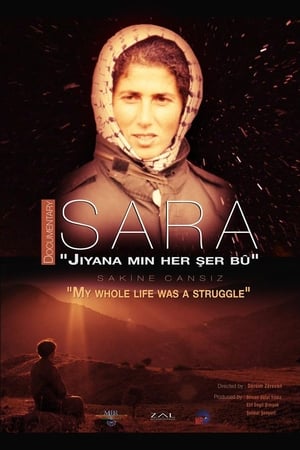 0.0
0.0Sara - My Whole Life Was a Struggle(ku)
Documentary on Sakine Cansız (Sara), the Kurdish revolutionary and PKK co-founder killed in Paris in January 2013 by Turkish agents.
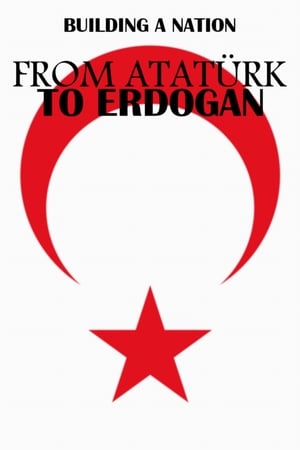 7.0
7.0From Atatürk to Erdoğan: Building a Nation(fr)
Turkey's history has been shaped by two major political figures: Mustafa Kemal (1881-1934), known as Atatürk, the Father of the Turks, founder of the modern state, and the current president Recep Tayyıp Erdoğan, who apparently wants Turkey to regain the political and military pre-eminence it had as an empire under the Ottoman dynasty.
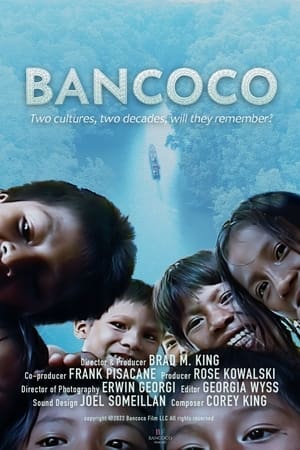 0.0
0.0Bancoco(en)
A New Yorker journeys to the jungle in the Darien Gap of Panama to reconnect with an indigenous tribe he met and photographed 20 years ago. Their reunion highlights the profound power of photos and the human connection that transcends cultural barriers.
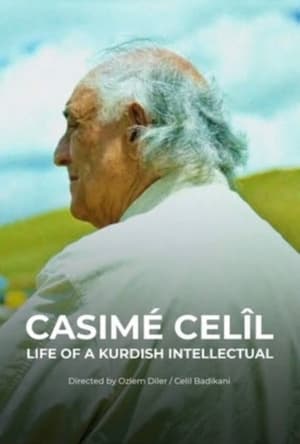 10.0
10.0Jiyana Rewsenbireki Kurd: Casimê Celîl(ku)
Casimê Celîl was born into a Yezidi Kurdish family in 1908, in a village called Kızılkule, located in Digor, Kars. The village and family life, which he longed to remember throughout his life, ends with the massacre they endured in 1918. During his long road to Erivan, Armenia, he lost all his family members. Left all alone, Casim was placed into an orphanage and was forced to change his name. To remember who he was and where he came from, every morning he repeated the mantra “Navê min Casim e, Ez kurê Celîlim, Ez ji gundê Qizilquleyê Dîgorê me, Ez Kurdim, Kurdê Êzîdî me”, which translates to: “My name is Casim, I am the son of Celîl, I come from the village of Kızılkule in Digor, I am a Kurd, and I am Yezidi”. He clings to every piece of his culture he can find, reads, and saves whatever Kurdish literature or art he comes across. As the year’s pass, Casim finds himself with an impressive collection of Kurdish culture and history.
 8.0
8.0Die PKK in Europa - Freiheitskämpfer oder Terroristen?(de)
Banned since 1993 in France and Germany, does the PKK still represent a danger? A dive into the heart of a complex geopolitical issue, where the fight for freedom, manipulation and pressure are intertwined.
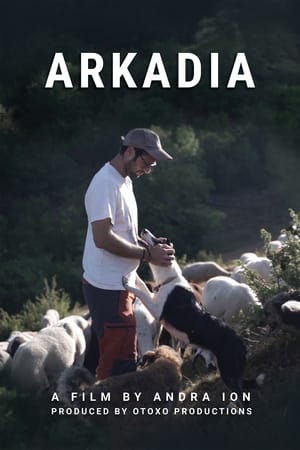 0.0
0.0Arkadia(en)
In a world where farming is mechanized and farm animals are fed with products coming from across the globe, a young shepherd is trying to keep his practice sustainable by using ancestral ways to raise his flock.
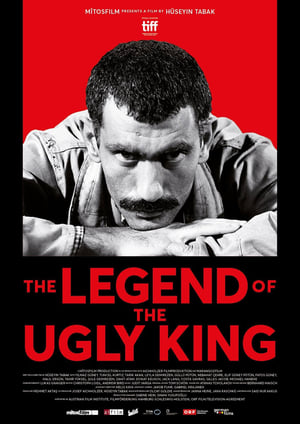 7.0
7.0The Legend of the Ugly King(de)
Director Hüseyin Tabak explores the legacy of Yilmaz Güney — political dissident, convicted murderer, and visionary Kurdish filmmaker — who directed the 1982 Palme d'Or–winning Yol from inside prison and died in exile just two years later.
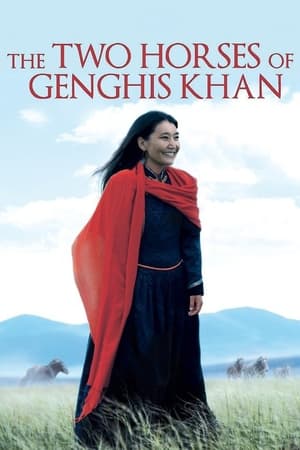 6.8
6.8The Two Horses of Genghis Khan(de)
An old, broken morin khurr (horse head fiddle) compels renowned Mongolian singer Urna Chahar Tugchi to take a road journey to Ulan Bator and the steppes of Mongolia.
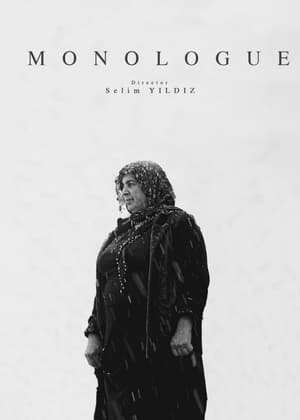 0.0
0.0Monologue(ku)
Sivan Encü, a young Kurdish man, provided for his family by "smuggling" through the Turkish-Iraqi border. When he was murdered in the 2011 Robozik (Roboski) Massacre, the responsibility of family's welfare was taken over by his younger brother Sinan, who lost his life in an unfortunate accident. This is the story of their grief-stricken mother Heyam and her resilience. Alongside Heyam's struggle, the film brings the voices of Robozik elders and notables to the forefront, who have experienced first-hand the social, political and economic dimensions of smuggling, which has been the backbone of survival for the locals for many generations.
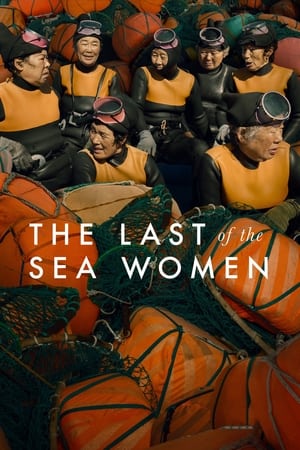 7.4
7.4The Last of the Sea Women(en)
On the shores of Jeju Island, a fierce group of South Korean divers fight to save their vanishing culture from looming threats.
Shipibo: Learning Through the Light(en)
Shipibo healer Ricardo Amaringo describes how he prepares, teaches, and shares the plant medicine ayahuasca. Olivia and Julian Arévalo sing examples of icaros (healing songs) in the Shipibo language.

